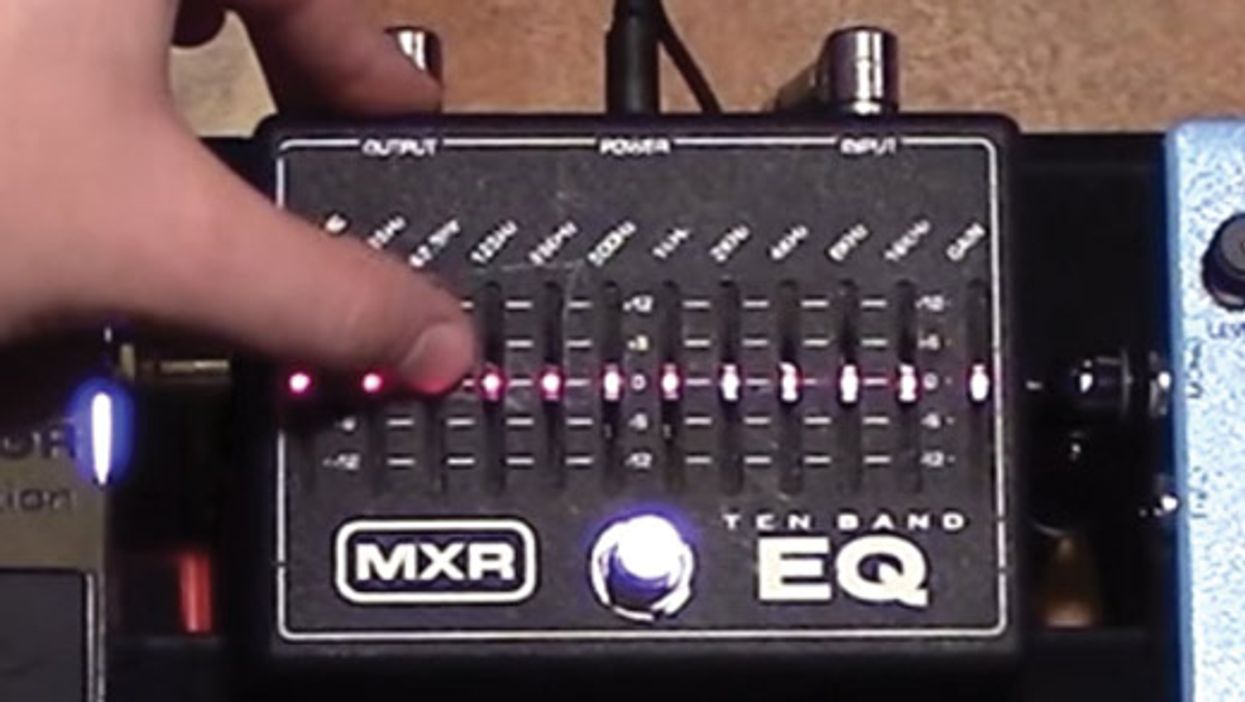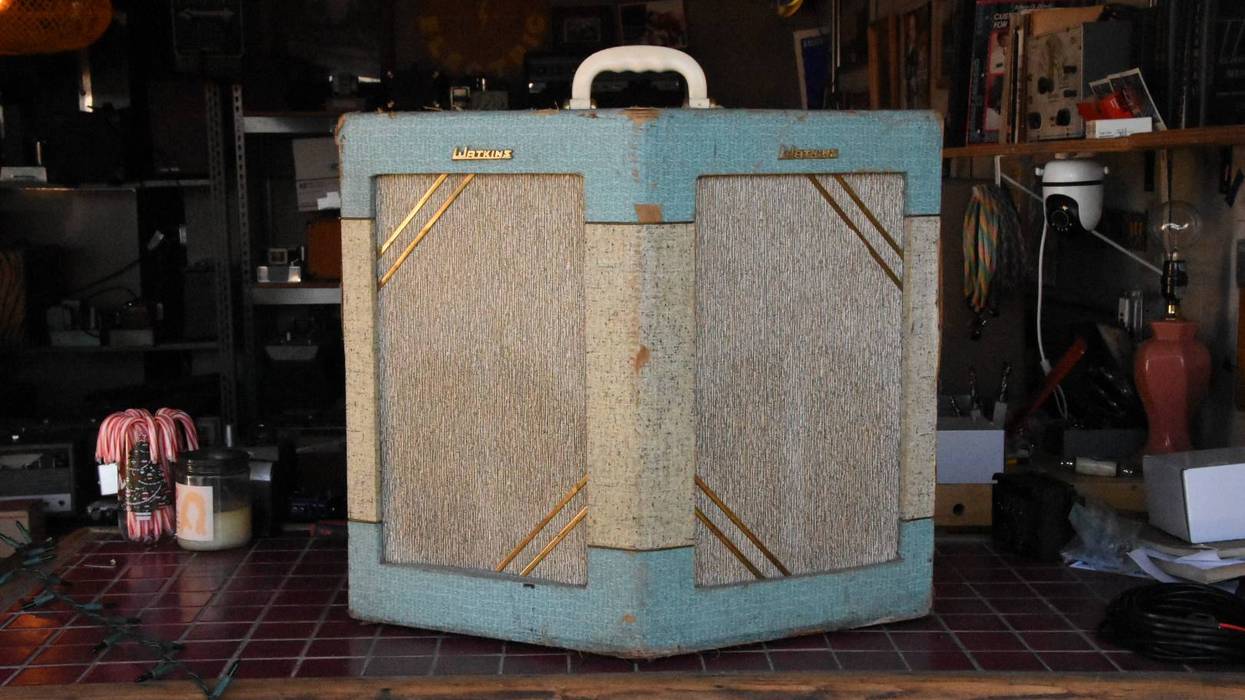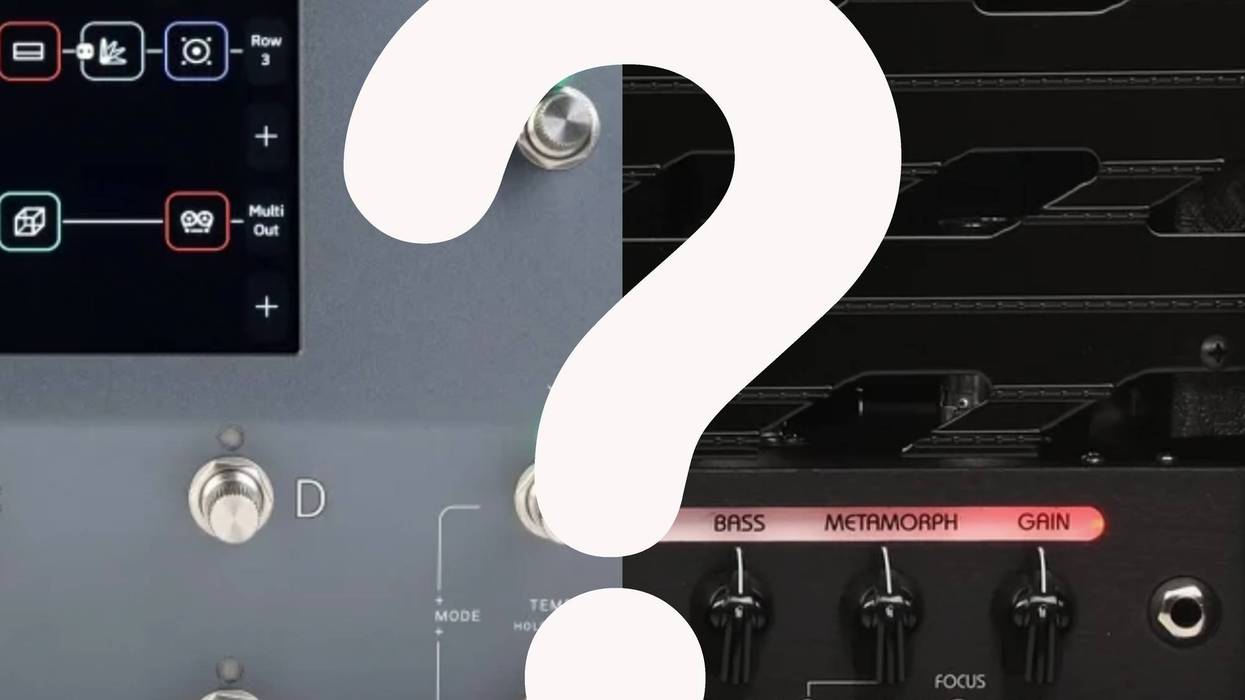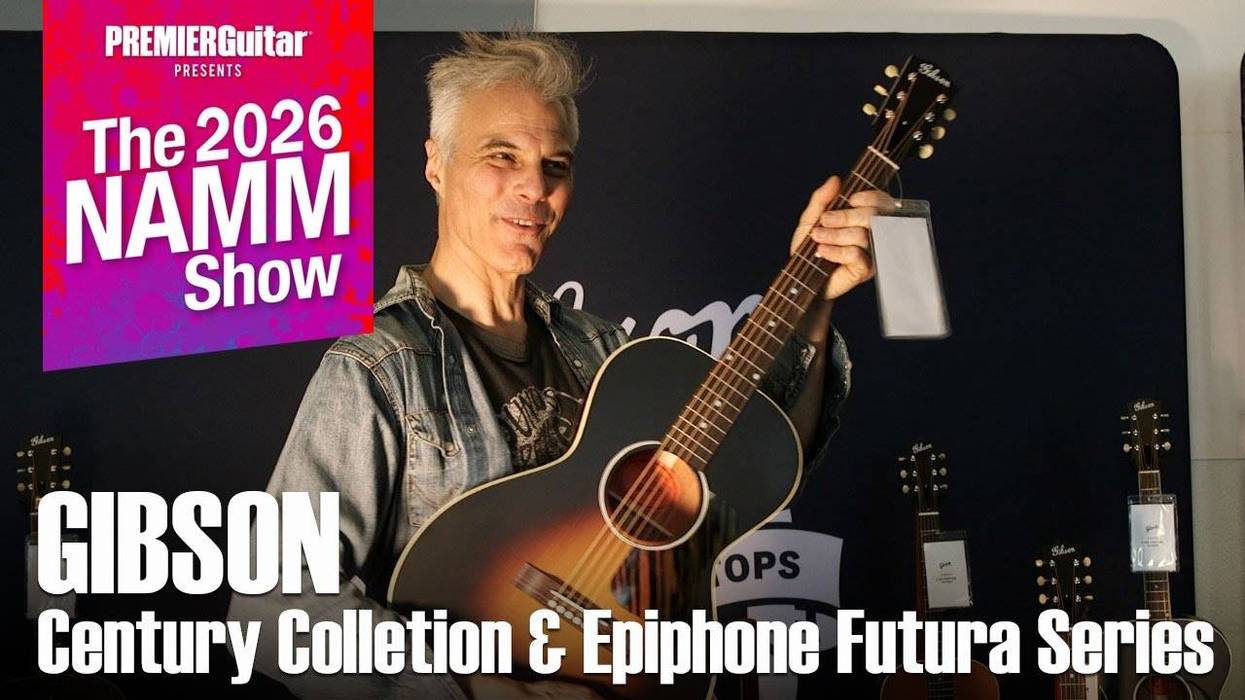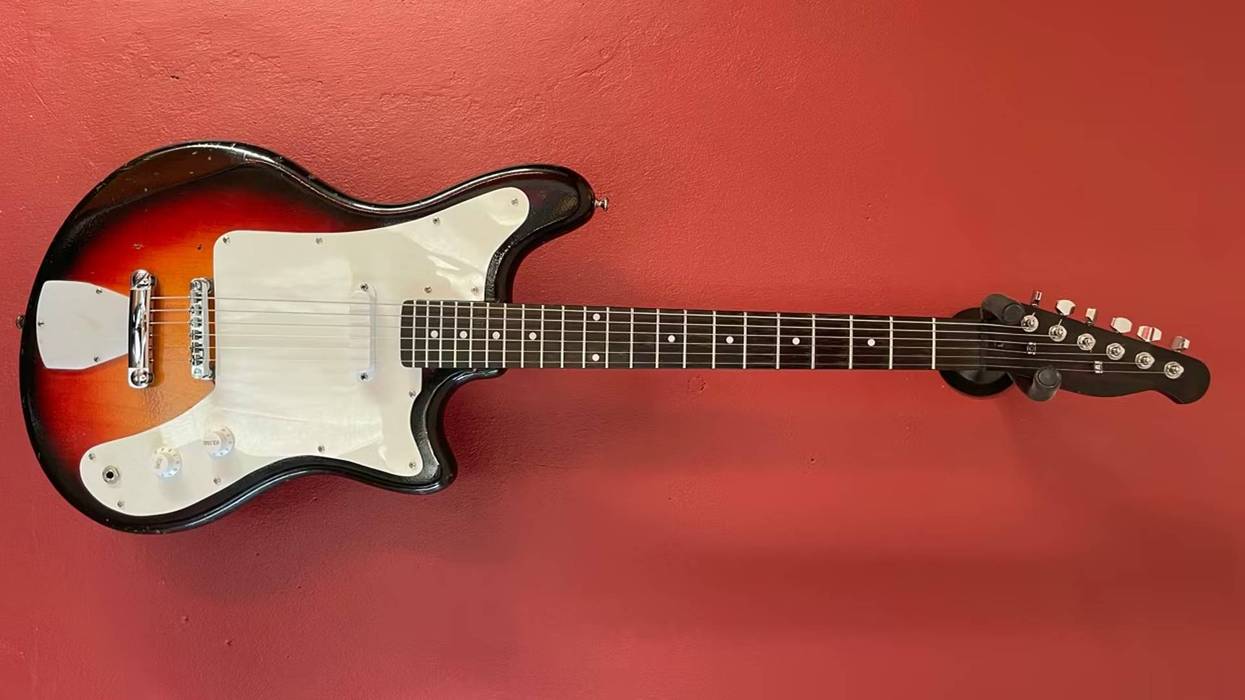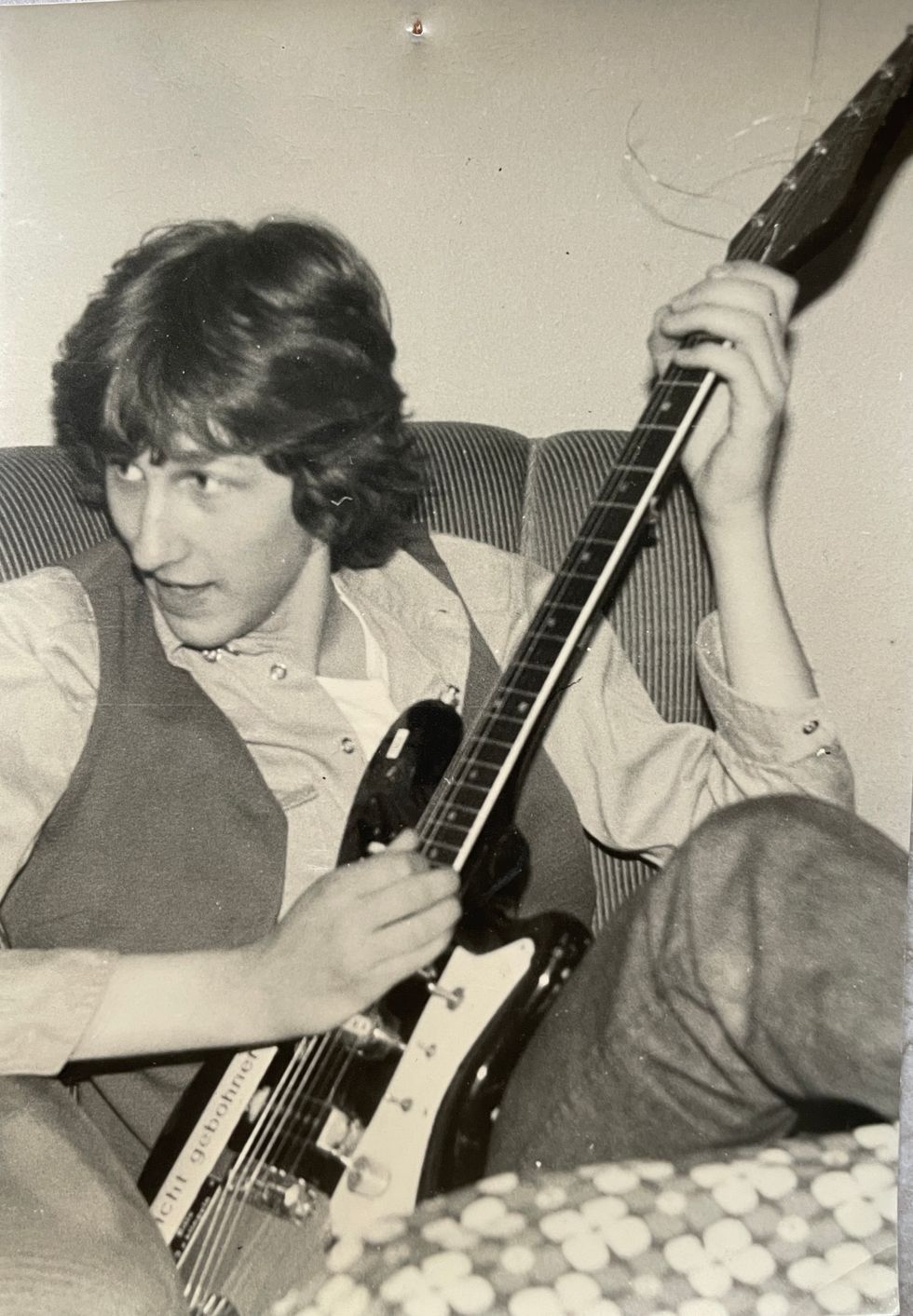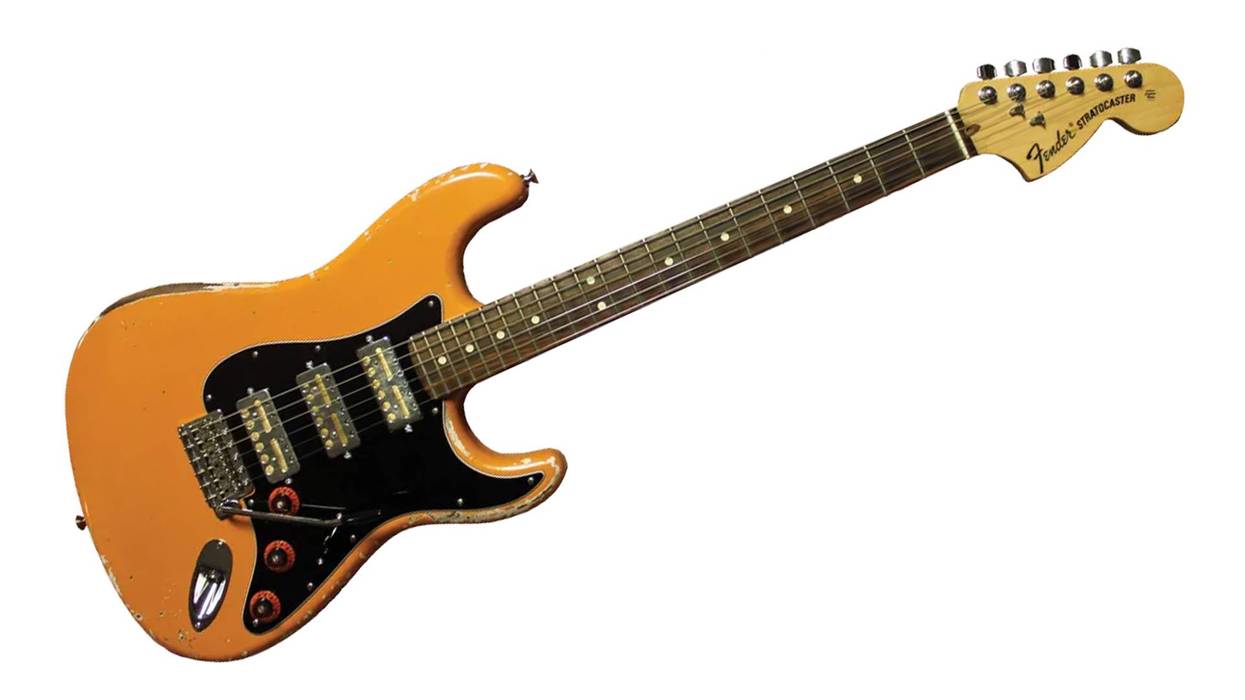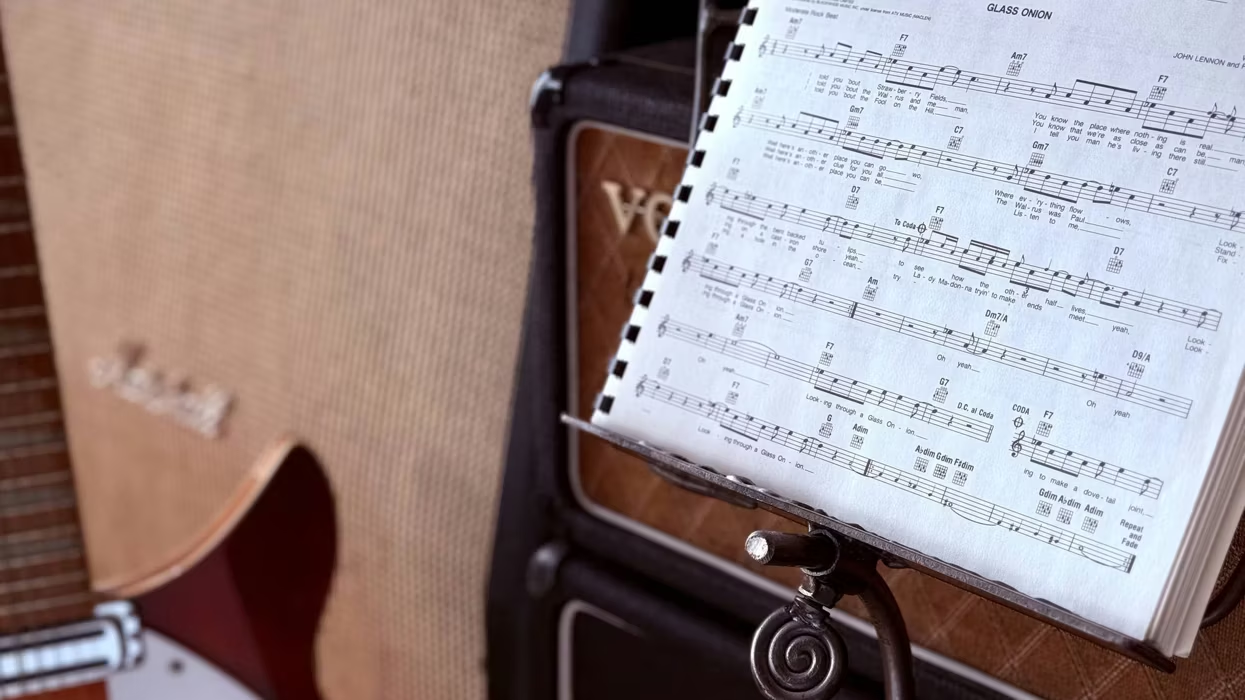Greetings, readers! As many of you know, I occasionally like to utilize my column to address questions that guitarists ask me via my Facebook music page. My hope is that others will find my answers helpful, so let's dive right into a couple recent ones I've received.
I have a 100-watt PRS Archon. I'm running a delay and a sonic maximizer through my effects loop only. I play PRS guitars. I'm looking for a good pedal to boost for solos. And I'd also like to get more clarity out of the amp—specifically more low-end clarity. Any suggestions on some pedals or preamp pedals? Also, is there anything else to consider running in my effects loop to get some more low-end clarity that makes sense?
—Keith Thomas
Using a good ol' Tube Screamer-type pedal is a classic tried-and-true way to boost an amp and tighten it at the same time. TS-style pedals will, of course, add overdrive and kick your amp's front end, but they also cut bass and boost mids, which will make your tone more defined, gain-y, and tight at the same time. When it comes to tweaking the amp, don't be afraid to simply just turn the bass down on your amp channels—possibly even lower than you think you should. Many amps have quite a bit of bass in the preamp circuit, and at higher gain levels, things can get “flubby" if you run the bass too high. The Archon also has a depth control, which affects bass in the power section of the amp, as opposed to the preamp. Striking a good balance between the bass and depth controls on your amp is key to achieving a full yet tight-and-defined tone.
There are also a couple of other things you can try, such as placing a graphic EQ in the effects loop. This can help really fine-tune the overall EQ response of the amp. I've used an MXR 10-band EQ pedal with great success in effects loops. You can also use a rack-style parametric or graphic EQ for this task.
If you just can't seem to get a sound that's tight and defined enough for your liking after trying these options, consider having an experienced tech look at a schematic of your amp. There may be a capacitor or two that can be changed to a different value for reducing the amount of bass running through the preamp, resulting in a more defined and tighter tone. A favorite amp of mine was a bit too saggy for my tastes at higher gain levels, and having Dave Friedman change just one cap really tightened it up. When we were designing my Suhr PT100 signature amp, we spent many hours tweaking the amount of bass in the preamp for both the clean and overdrive channels. I've definitely learned that amp circuits are like ingredients in a tonal recipe.
Hey Pete! I am not a working musician, although I'm passionate about the guitar. I find it difficult working with other musicians—even if it's just for fun sometimes—because of divergent opinions, personalities, and/or expectations. It would be interesting if you could share your thoughts on the subject or, more specifically, how you find compromise when working with others, and what elements make for an enjoyable and productive band environment. Cheers and rock on.
—St. Pierre Richard
First of all, it's really important to establish the structure of a band and set goals from the outset. Is it a democracy, or is there a leader? Who writes the music? Who makes the decisions, both musical and business? Making sure everyone is on the same page about these types of things can save a lot of headaches down the road. If the stars align and all the members agree about the musical goals/direction and business structure, then and only then should you move forward.
At that juncture, it's important to remember that a band is the sum of its parts and chemistry is what makes great bands great! Led Zeppelin would have sounded very different without John Paul Jones, even though he's arguably the least recognized member. Similarly, the Beatles just wouldn't have been the Beatles without Ringo. So, I believe it's of great importance to respect each member of the band and appreciate their contributions.
My recommendation is aiming to find a situation that feels like the path of least resistance, both from a business perspective and a musical one. Once you've found that (not an easy task), vow to always respect each other and hear each other out when there are things to discuss—musical or otherwise. You've heard me say it before, but I can't state often enough that being a great musician is only half of it. Being a good person who others want to work with is just as important.
Keep on rocking my friends, and until next month, I wish you great tone!


